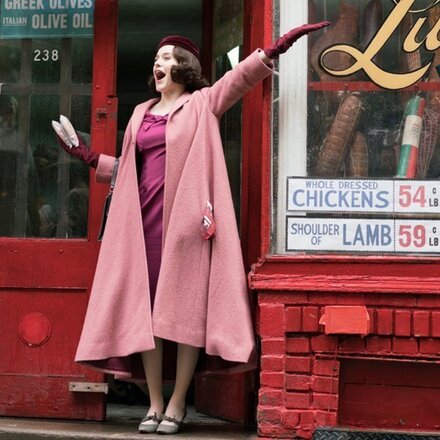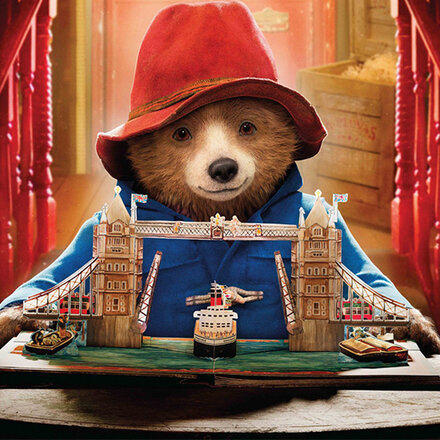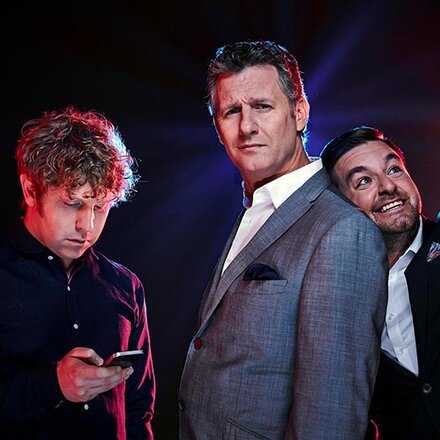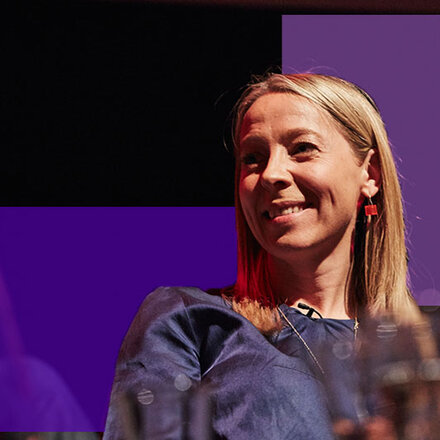What first inspired you to get into your craft?
I’ve always been fascinated by the way in which the art of storytelling could challenge, inspire or transport people from one reality to another. As a young child I spent many hours with my grandfather and recall how this wise and gifted raconteur used tales and anecdotes to make me laugh, influence my thoughts and teach me about the ways of the world. Without any conscious thoughts on my part, I soon found myself waxing lyrical at school and trying to move my friends in the same way the old man had moved me. As I developed more sophisticated ways of communicating, my stories became written articles, my articles became documentaries and my documentaries are now evolving into factual dramas.
How did you first break into the industry?
At 17 I applied for the mentoring scheme run by the BBC which enabled me to work within a production environment under the guidance of various media professionals. Facilitated by an inspirational woman named Jackee Holder, the scheme demystified the world of television, provided me with valuable work experience and kick-started a journey that eventually led to me becoming a producer.
If you hadn't managed to break into your field, what was your plan B?
In all honesty, there was no Plan B. Once I decided I wanted to become a producer/director, I focused on that goal and mapped out the quickest route to get there. Failure was not really an option as there was nothing else I wanted to do. The plan was to work hard, feed my curiosity by studying the industry and to keep my antenna peaked for anything that vaguely resembled an opportunity to show what I could do. This mentality, along with a little bit of luck and a lot of good will from people who believed in me, helped me move forward.
Which film/TV programme do you wish you could have worked on?
My favorite film of all time is The Godfather. It’s a compelling watch that oozes class on every level. The narrative, performances and production values represent everything I aspire to do in my own career. I would have loved to work on a project like that and still consider it the yardstick for every film that has followed.
What single piece of advice would you give to a young person trying to break into your discipline and get noticed? How do you stand out from the crowd?
Trust your instincts and adopt a single-minded approach. Decide what you want to do with your film and don’t allow conventional wisdom to limit your vision. Aside from obvious traits like hard work, commitment and creativity, the best way to stand out from the crowd is to avoid clichés and migrate towards the unpredictable.
Were there any people who supported/mentored/championed you in the early stages of your career? How important are these kinds of relationships?
I’ve been fortunate enough to have had the support and mentorship of a number of gifted professionals who have helped shape and steer my career. At 17, I became friends with BBC Producers such as Melanie Brown, Marcus Ryder and Rae Patterson – all of whom advised, encouraged and inspired me to pursue a career in television.
In the ITV Factual department the likes of Jim Allen, Joe Houlihan and Henry Hainault took me under their wings and gave me the breaks I needed at crucial stages of my development, as well as the room to make mistakes during that journey.
Having made the transition into drama, I look towards the likes of Jeff Pope, Neil McKay and Lisa Gilchrist – the multi-award-winning trio who championed my cause and guided me through the development and production of Appropriate Adult. All of these relationships have provided me with a strong support network, experienced sounding boards and the confidence to express myself without fear and in a pressure-free environment.
How do you think the TV industry will change in the next few years?
Over the next few years I believe the TV industry will go from strength to strength. In fact, the renaissance has already begun. Advancements in technology and the growing number of independent programme-makers who create their own content outside of the professional realm has forced a rethink amongst those striving to make it in the mainstream. The only way to maintain the status quo in what is becoming an increasingly crowded and competitive market place will be to raise the bar in terms of production value, innovation and fresh ideas. This will re-establish the boundaries between those who do this for a living, and those who do it for fun. The cake is big enough for everyone to have a slice. This is the way it should be, but it will inevitably lead to more professional programme-makers pushing the boundaries in order to justify their existence.





